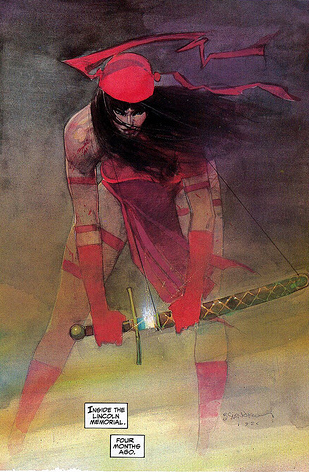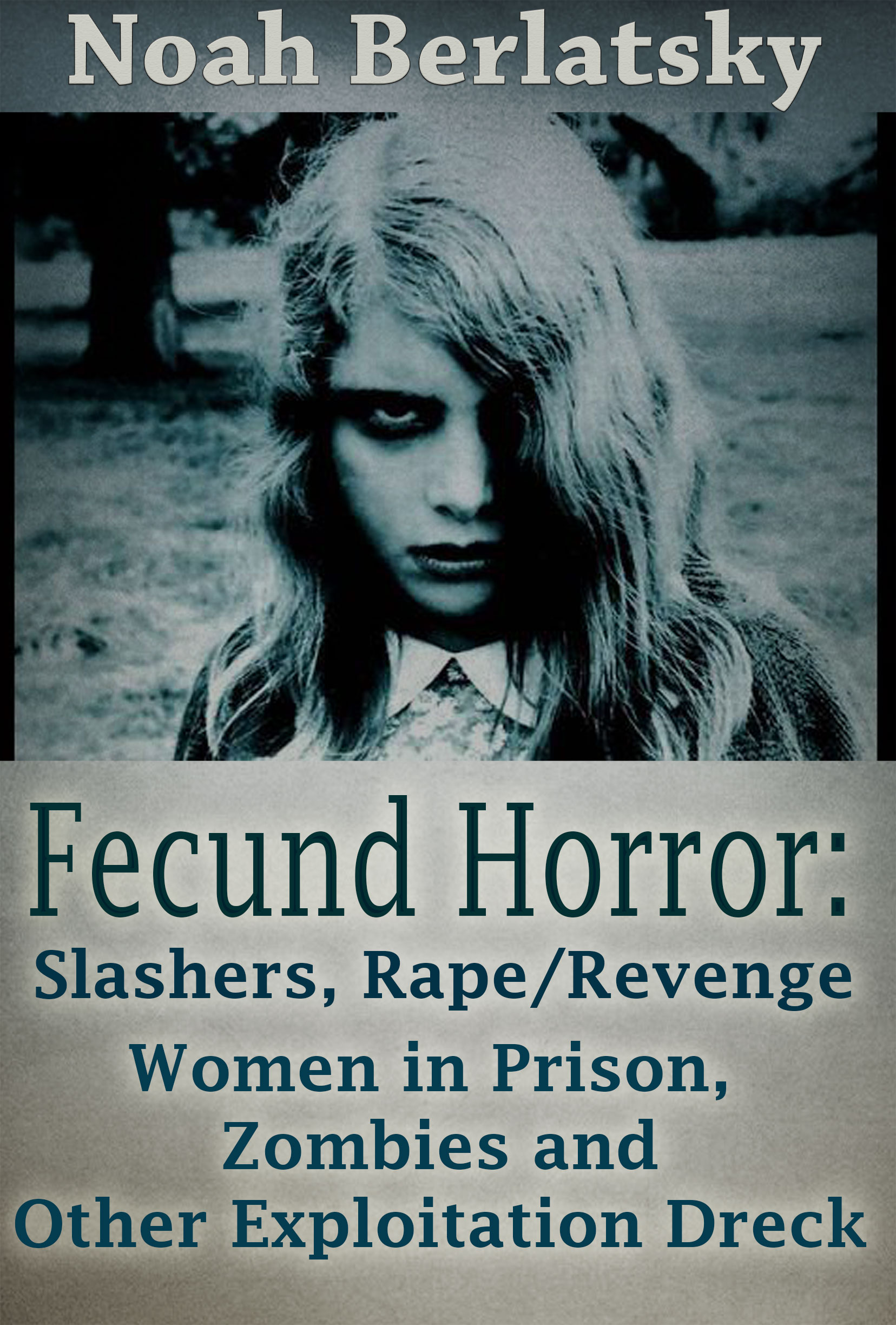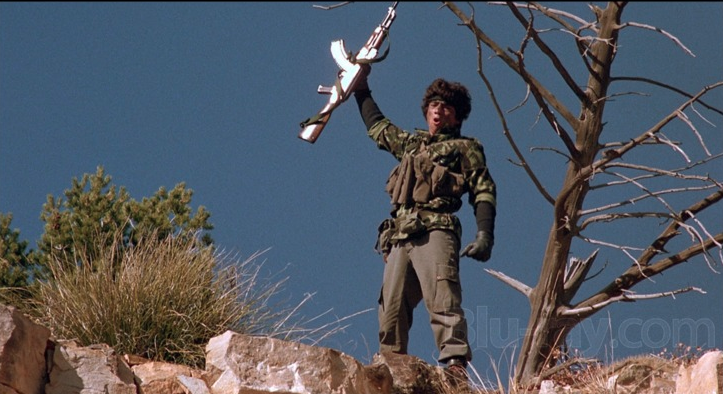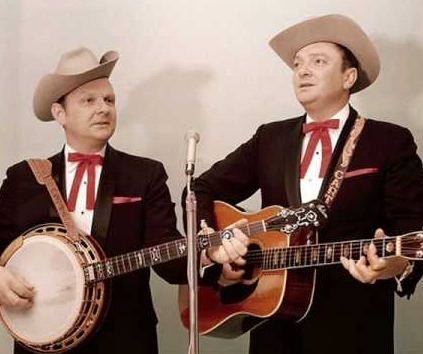At the comics scholar list serve we both frequent, Chris Gavaler asked folks to think about what 20 superhero comics they’d choose as key texts for an intro to superheroes course. Here’s what he’s planning to use.
Chris’ List
Siegel & Shuster: Action Comics #1 – Superman #1 (1938-39)
Kane, Finger & Fox: Detective Comics #27 – Batman #1 (1939-40)
Eisner: The Spirit (1940-52)
Marston & Peter: All Star Comics #8 – Wonder Woman (1941-48)
Kirby & Lee: The Fantastic Four #1 – #8 (1961-62)
Ditko & Lee: Amazing Fantasy #15 – Amazing Spider-Man #38 (1962- 66)
Steranko: Strange Tales #151 – Nick Fury, Agent of S.H.I.E.L.D. #5 (1966-68)
O’Neil & Adams: Green Lantern /Green Arrow #76 – #89 (1970-72)
Claremont & Byrne: The Uncanny X-Men #108 – #143 (1977-81)
Sienkiewicz & Claremont: The New Mutants #18 (August 1984) – #31 (1984-85)
Wolfman & Perez: Crisis on Infinite Earths (1985-86)
Moore & Gibbons: Watchmen (1986-87)
Miller & Mazzucchelli: Batman: Year One (1987)
Gaiman & Keith: The Sandman #1-8 (1988-89)
Morrison & McKean: Arkham Asylum (1989)
McFarlane: Spawn #1 (May 1992)
McDuffie & Bright: Icon #1 (May 1993) –
Waid & Ross: Kingdom Come (1996)
Ellis & Hitch: The Authority #1-12 (1999-2000)
Bendis & Gaydos: Jessica Jones: Alias (2001)
Fraction & Aja: Hawkeye (2012)
Wilson & Alphona: Ms. Marvel #1 – 5 (2015)
_______________
Noah’s List
I figured what the hey, I might as well put together a list. I tried not to think about this too hard, though I have put in a short rationale for each.

1. Siegel/Shuster, Action Comics #1
Probably the most influential superhero comic ever, and fairly entertaining in its own right.
2. Marston/Peter Wonder Woman, some affordable collection
One of the most popular comics of the golden age, and also the greatest superhero comic of all time (says me.)
3. Eisner, The Spirit
Honestly, haven’t read much of this, but universally acclaimed, very influential, and I like the art.
4. Kurtzman/Wood, Superduperman, and maybe other Mad parodies
Superhero parodies are central to the genre, and this is probably the most celebrated of them. Also, it’s great.
5 Goscinny/Uderzo, Asterix (one volume)
Popular, acclaimed…and quite obviously a superhero story when you stop to think about it for a minute. Good way to think about superheroes in different cultures, humor and superheroes, what makes a superhero. Also, again, who doesn’t want to read Asterix?
6. Jack Kirby, some splash pages
Influential and wonderful…but I think separate pages of art are the way to go. I’ve never read a Kirby comic I could bring myself to make anyone else read.
7. Lee/Ditko, first Spider-Man story
Obvious choice.
8 Batman 1966 movie
Yes, this is supposed to be a list of comics…but superhero movies are seen by many people as comic books, which means they are functionally comic books. Also, Adam West’s Batman defined comic book superheroes for non-fans for decades (and still to some extent today.)
In some sense an MCU film should be on this list too…but they all suck, so screw ’em.
9. Moore/Gibbons Watchmen
Another obvious pick.
10. Miller/Sienkiewicz Elektra
This is Miller’s weirdest and best, thanks to Sienkiewicz.
11 Paul Chadwick, Concrete
A bit forgotten, Concrete was one of the important alternativey/titles of its day. It’s a lovely, adult contemporary superhero take, a way to do supeheros as literature which avoids the de rigeur nostalgia.
12. Grant Morrison; something from the Doom Patrol run
Grant Morrison’s an important creator, and Doom Patrol is his smartest take on superheroes, before he got staid and boring.
13 Gaiman, something from Sandman
Another popular and influential series; interesting way to talk about superhero mashups with other genres.
14. Ware, Acme Novelty Library #10
Ware’s best work, imo, and a good encapsulation of the way that indie art comics have been influenced by and struggled with superheroes.
15 McDuffie/Bright, Icon
Influential and critically acclaimed series, and a smart effort to think about the racial implications of superheroes.
16 Takeuchi, Sailor Moon
One of the most popular superhero comics of all time, and again good for discussions of definitions/limitations of superheroes.
17. Gail Simone and others, Women in Refrigerators website
Again, I see genre and medium boundaries as quite porous; Simone’s discussion of the treatment of women in comics has been hugely influential in thinking about female supeheroes, women in comics, and women in popular culture more generally.
18. Meyer, Breaking Dawn
You could argue for Buffy on this list, but I think Meyer’s weird pacifist take on superheroes is a lot more interesting (and probably more popular as well.)
19 Morales/Baker, Captain America: Truth
Flawed and not that well known, but one of the most ambitious and daring comics ever produced by the mainstream publishers—and focusing on a character who the movies have made central to what people these days think of when they think of superhero comics.
20 Wilson/Alphona, Ms. Marvel
Probably the best superhero comic out now, as well as being quite popular and a thoughtful take on the tropes.
I’ve done a crap job of including women and poc creators. I’m not sure how you rectify that when focusing on superhero comics…which might make me reluctant to do a course about superhero comics, or to take the key text approach if I did. But be that as it may, this is what I got. Let me know what you think I (or Chris) should have put on here instead!






















